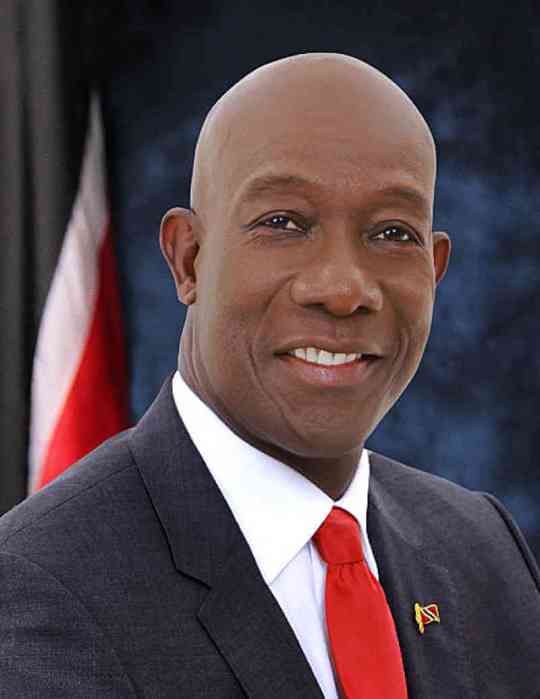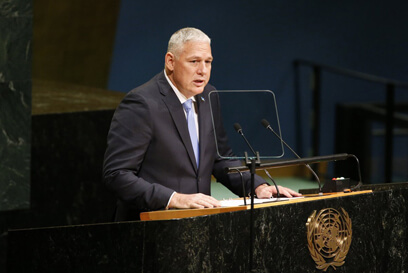The Congressional Black Caucus (CBC) has released its position on marijuana reform, saying that an overwhelming majority of the 48-member caucus has voted in support of decriminalizing the herb.
“Some of the same folks who told African Americans ‘three strikes and you’re out’ when it came to marijuana use and distribution, are now in support of decriminalizing the drug and making a profit off of it,” CBC Chairman Cedric Richmond said.
“The Congressional Black Caucus supports decriminalizing marijuana and investing in communities that were destroyed by the War on Drugs – which, in addition to be a failed war, was a war on black and brown communities,” he added. “We also support expunging the records of those previously convicted of misdemeanors for marijuana-related offenses.”
On the reform position, CBC said Black communities have been “disproportionately policed and convicted for drug offenses.”
It said it supports reforms that would reduce the number of black people in prison and being sentenced to prison while concurrently investing in communities that have been ravaged by the failed War on Drugs.
“The CBC supports efforts to decriminalize the use and possession of marijuana,” the statement said. “This means that the states should be allowed to make their own decisions about how to regulate marijuana and the federal government should be out of the business of prohibition and related law enforcement of marijuana.”
CBC said the current classification of marijuana as a Schedule I controlled substance under the Controlled Substances Act (CSA) is “inappropriate and problematic, especially since 90 percent of American states allow for the use of medical marijuana, which defies the CSA’s determination that marijuana ‘has no currently accepted medical use in treatment in the United States.’”
“Rescheduling marijuana will allow needed research to proceed on the long-term impacts of marijuana use and will remove the prospect of criminal prosecution for those following state laws,” it added.
Additionally, CBC said it supports restorative federal investments in communities that have been ravaged by the failed War on Drugs, “of which marijuana prohibition is a major component.”
It noted that 40 percent of federally convicted drug offenders are black; 12 percent of drug offenders in the prison population are there for marijuana offense; and 14 percent the drug offenders in the prison population are African American.
“A majority of convicted offenders receive felony sentences,” CBC said. “The implications of these statistics are severe. Families are torn apart, local economies are negatively impacted, and ex-offenders are disenfranchised.”
CBC said it also supports automatic expungement for those convicted of misdemeanors for marijuana-related offenses, and an easy path to expungement for those previously convicted of felonies for marijuana-related offenses.
“People should not have to suffer today for previously illegal behavior that is now allowable in their community,” it said.
In addition, CBC said it supports extensive research into the long-term health effects of marijuana use.
Due to its prohibition, CBC said the ability of the public and the academic community to study marijuana has been “severely restricted.”
CBC said it urges more studies into marijuana’s impact on human health, especially its impact on the mental and physical development of young people.

























